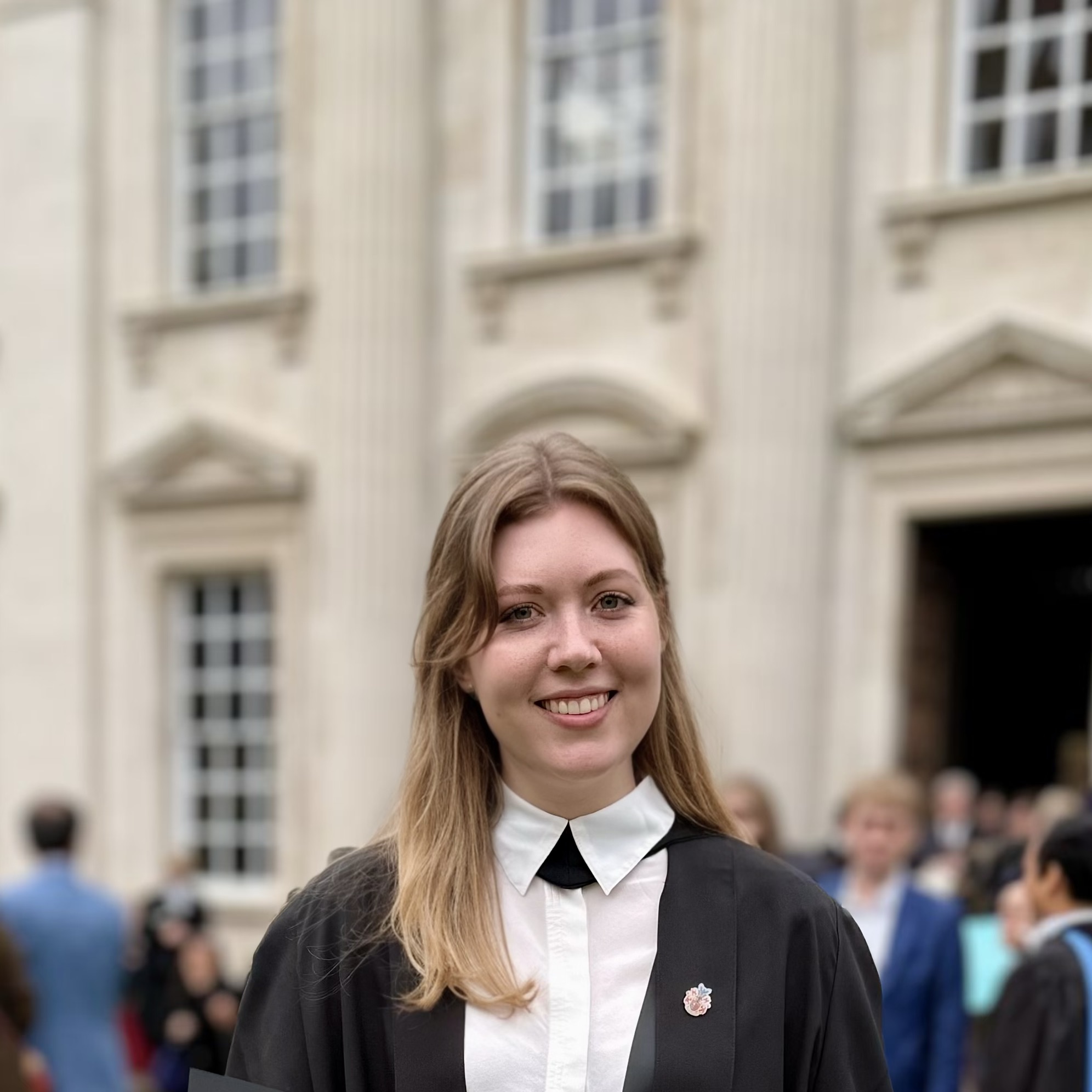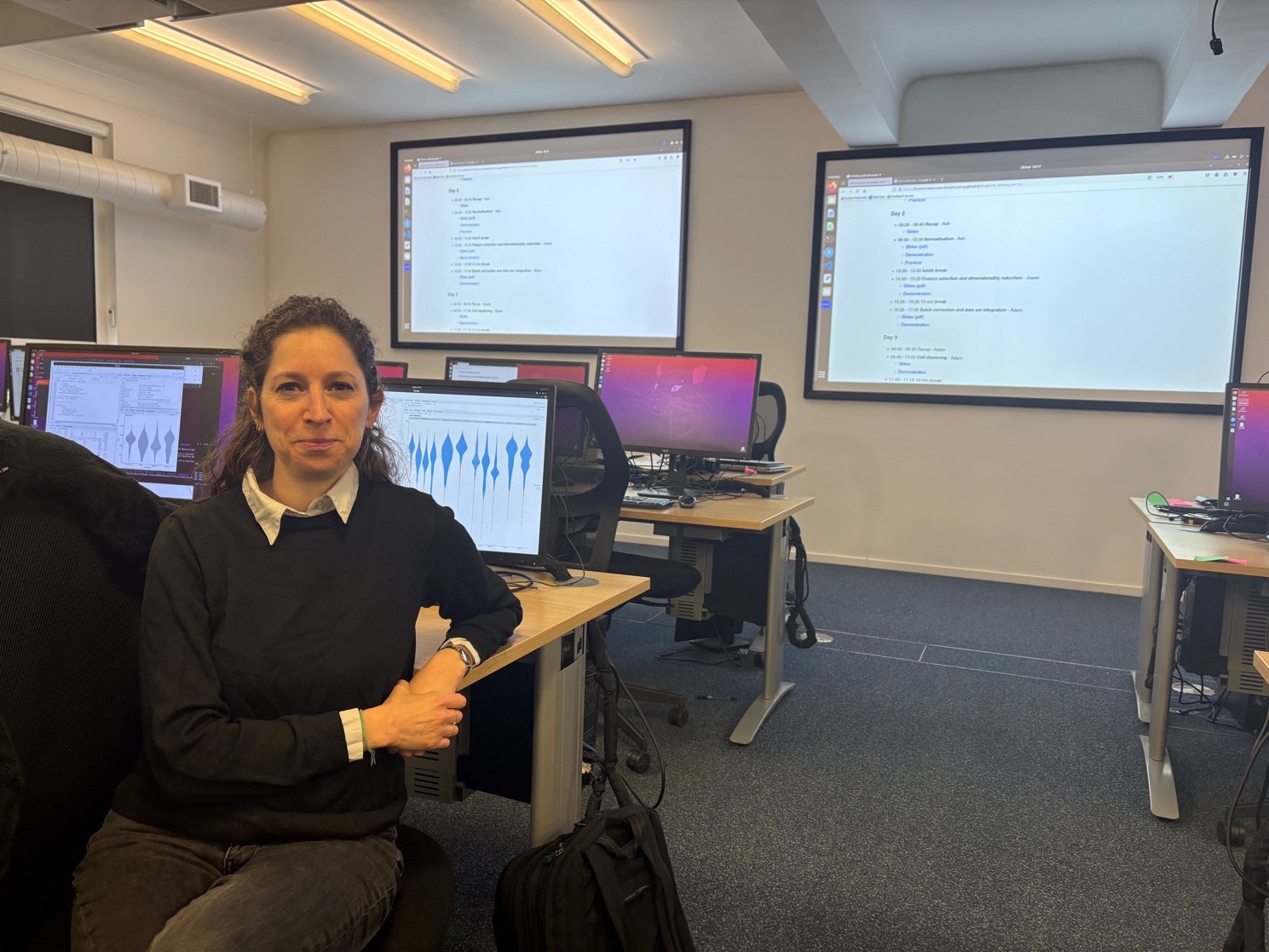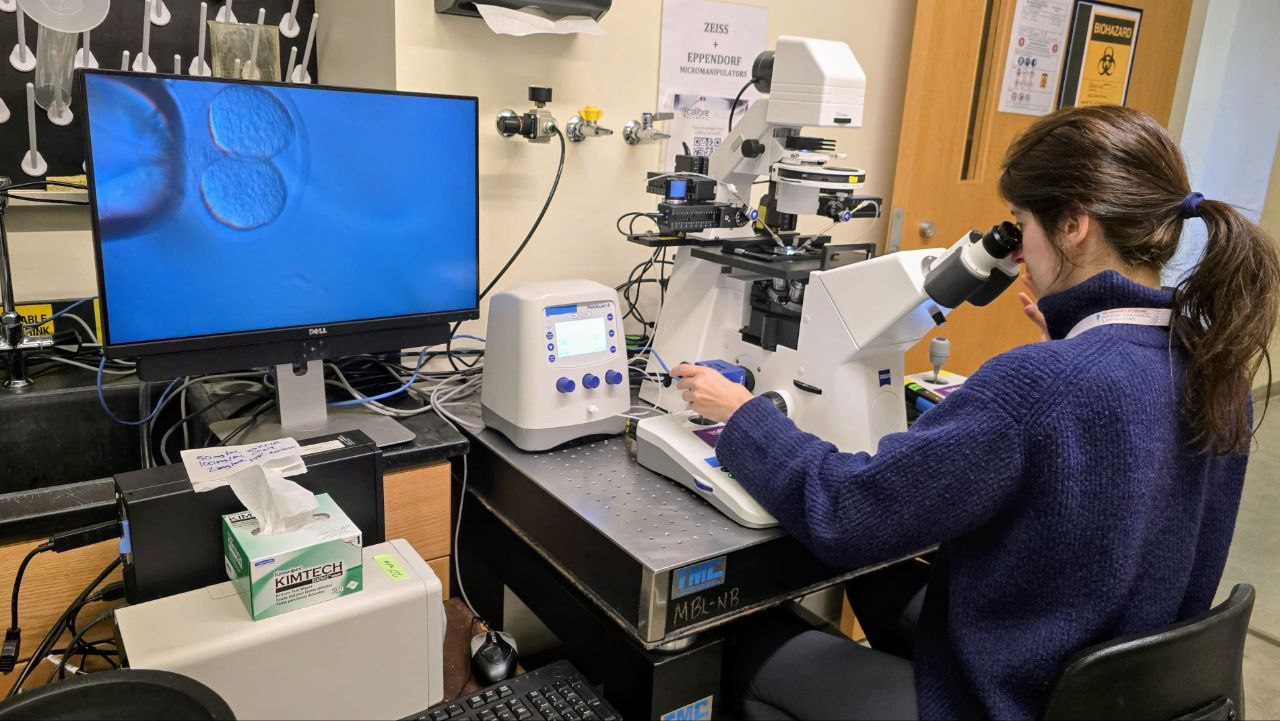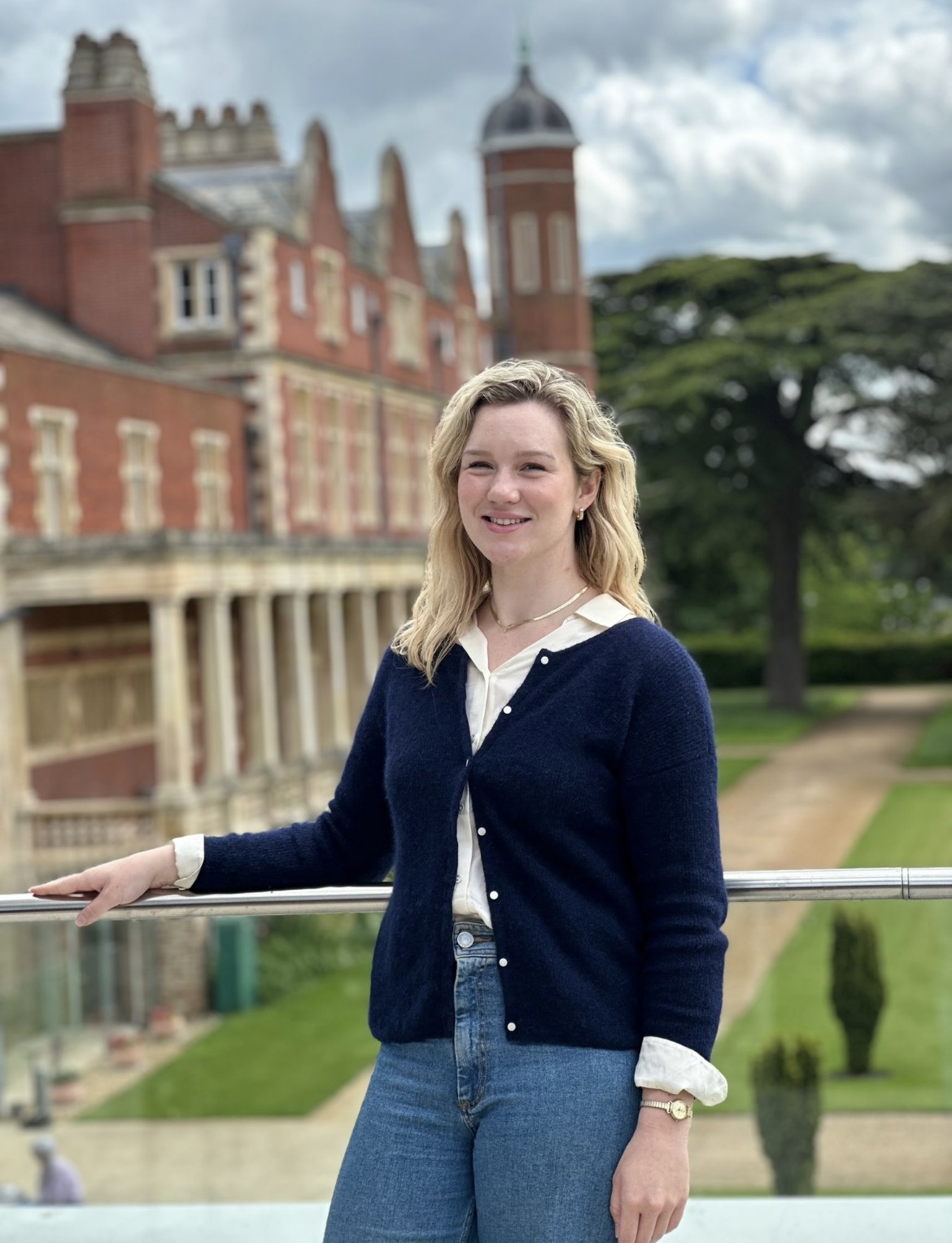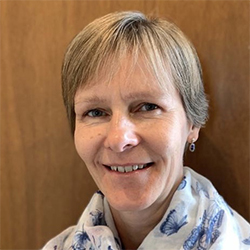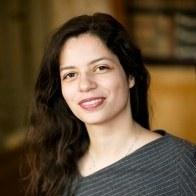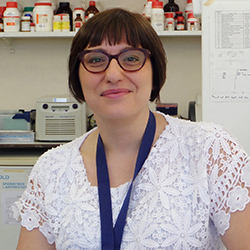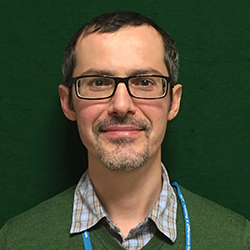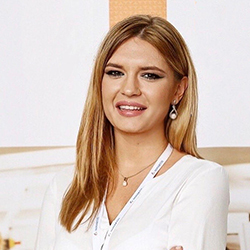The Development Fund supports early career researchers (ECRs) in their professional development by providing small grants for training and other development activities. The scheme began in March 2021 and has supported the following development activities:
Recently funded projects:
Easter Term 2025
Jasmine Kiley - Obstetrics and Gynaecology
With support from a Development Fund grant I visited Washington DC to meet with representatives from the US government, a former EU representative and published author on fibroids, and the core team from the Fibroid Foundation. We discussed the state of fibroids research and advocacy globally, and we made arrangements for collaboration through an upcoming event. Our UK team will also be reviewing the US Fibroids Bill which is being reintroduced to the House of Representatives later this year. This will provide a framework for the UK legislation we hope to propose in the coming months/years. I learned about the process of moving reproductive legislation through a government of representatives and gained an understanding of how grassroots advocacy can efficiently garner support and impact at a national and global scale.
Samantha Hartley - Department of Social Anthropology
Samantha will undertaken training in documentary and street photography, which she will use during her anthropological fieldwork to explore how visual representations can contribute to pro-abortion advocacy.
Lent Term 2025
Noa Hasky - Obstetrics and Gynaecology
Bioinformatic training
With support from Cambridge Reproduction, I undertook a series of bioinformatics training courses designed to complement the high-throughput experiments conducted as part of my research project. These included introductory training in R and Unix, as well as specialized courses in bulk RNA sequencing and single-cell RNA sequencing analysis. This training has significantly enhanced my ability to independently process and interpret complex datasets. Developing core bioinformatics skills has improved my experimental design by enabling a deeper understanding of potential limitations and sources of bias. Moreover, it has strengthened my capacity to analyze, visualize, and present data in a robust and impactful manner, ultimately contributing to the scientific value and dissemination potential of my work.
Valentina Lorenzi - Wellcome Sanger Institute
Participation in the course Frontiers in Reproduction at the Marine Biology Laboratory in Woods Hole, USA
The Development Fund was used to cover part of my attendance at the Frontiers in Reproduction course at the Marine Biological Laboratory in Woods Hole, Massachusetts. The course provided the specialised training in experimental reproductive biology used in my current genomics-focused research environment. It gave me a deeper understanding of hormonal signalling, cellular communication within reproductive tissues, and inter-organ interactions. Engaging with experts and gaining hands-on experience significantly improved my ability to interpret experimental data and refine my approach, particularly in studying hormone-mediated tissue differentiation and the coordinated development of reproductive organs. Expanding my knowledge of model organisms and their specific strengths in reproductive research also provided the comparative framework to complement my human-centric work.
---------------------------------------
Michaelmas Term 2024
Danielle Jones - IMS-MRLTwo week visit to MRC/UVRI & LSHTM Uganda Research Unit
Visited The Medical Research Council/Uganda Virus Research Institute and London School of Hygiene & Tropical Medicine Uganda Research Unit in Uganda
The purpose of this research visit to the MRC/UVRI and LSHTM Uganda Research Unit was to gain firsthand experience of how clinical research addressing the burden of gestational diabetes is conducted in a low-resource setting. My focus was on understanding study design and implementation, field site operations, and the regulatory frameworks governing research. This trip provided an opportunity to immerse myself in the day-to-day realities of conducting research in a diverse and dynamic setting.
Kyra Ungerleider - Clinical Neurosciences
Working with one of the most exciting startups in women’s reproductive health at the moment, OvartiX.
The funded activity involved shadowing as an intern at OvartiX. During this internship, I learned cellular engineering techniques for developing models of ovary-centric diseases, particularly focusing on poor responders to IVF. The experience involved hands-on laboratory work culturing ovary-specific cell types and performing daily assays essential to reproductive biology research.
This shadowing experience has been instrumental in my successful transition from neuroscience to reproductive biology. By participating in OvartiX's research activities, I gained practical experience with ovary-specific cell cultures and reproductive biology assays that would have been difficult to acquire in my previous role. Working with cellular engineering models for ovary-centric diseases has given me a deeper understanding of the molecular mechanisms underlying conditions like PCOS and poor responders to IVF stimulation.
PAST PROJECTS
2021-2022
Sexual and reproductive health training
Chanelle Scott (History and Philosophy of Science)
This course will give Chanelle strong foundational knowledge about sexual and reproductive biology and healthcare from a clinical perspective, which will broaden and complement her prior experience as a social scientist.
Training in machine learning using Stata
Dr Ulla Sovio (Obstetrics & Gynaecology)
This 2-day online machine learning course will enable Ulla to learn new skills in machine learning and to make the most of the packages available in Stata to perform various machine learning analyses.
EMBL/EBI Summer School in Bioinformatics
Oliver Bower (Centre for Trophoblast Research)
This summer school will equip Oliver with the expertise and knowledge to begin to make use of bioinformatics in his research to pursue questions that require and use large datasets. He also plans to use this training in bioinformatics to support other projects in his lab.
Training in the biomechanics of birth
Victoria Keenan (History & Philosophy of Science)
Victoria is undertaking some training courses in the biomechanics of birth, which will give her a better understanding of how pelvic structures influence the normal physiological process of birth. She hopes to build on this knowledge to produce a related research project proposal.
2020-2021
Training in coding skills and creative non-fiction writing
Dr Lucy van de Wiel (Reproductive Sociology Research Group)
Lucy is being supported with two development activities: 1) training in Python and R; 2) training in creative non-fiction and essay writing.
Training in the statistical software Stata
Dr Francesca Gaccioli (Obstetrics & Gynaecology)
Francesca is undertaking training in the software package Stata, in order to be able to independently manage large datasets from studies involving very large cohorts of pregnant women.
CRISPR/Cas9 training
Dr Ionel Sandovici (Obstetrics & Gynaecology)
Ionel is training in how to apply the CRISPR/Cas9 system for genome editing in mammalian cells and for generating new mouse models.
Visiting collaboration at the University of Copenhagen
Stasa Stankovic (MRC Epidemiology Unit)
Stasa will be visiting the lab of Professor Eva Hoffmann, in order to conduct a functional analysis of findings from computational genetics work.



